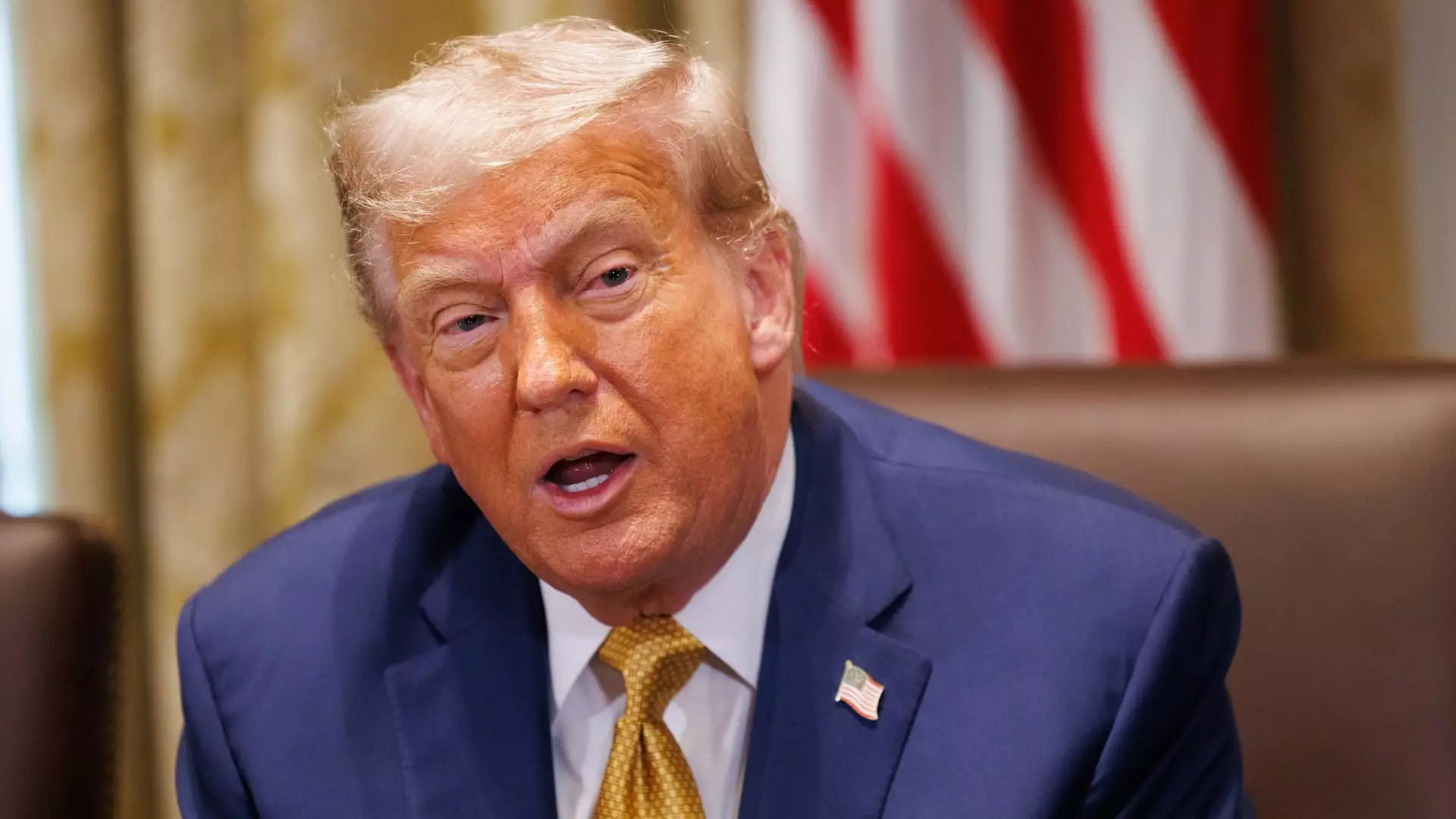In recent remarks, President Donald Trump reignited his threat to impose unprecedented tariffs of up to 200% on imported pharmaceuticals. While initially framed as a bold measure to bolster domestic manufacturing, the proposal reveals a deeper tension between economic nationalism and the intricacies of global supply chains. For decades, America has relied heavily on imported medicines, many sourced from countries with lower manufacturing costs. A drastic tariff increase would not simply be a pricing tool but a disruptive force capable of shaking the entire health sector, raising questions about whether this approach advances national interests or hampers patient care.
Such tariff threats reveal an often overlooked truth: the pharmaceutical industry is intricately interconnected with international markets and complex logistics networks. Manufacturing processes are global projects, involving multiple countries for raw materials, active ingredients, and final assembly. Trump’s intent to impose a 200% tariff, even if delayed over a year, signals an aggressive move to force a shift of production homeward. But is this realistic? Or is it an overreach that threatens to unravel the supply chain stability needed for affordable healthcare? Opinions are divided, yet many industry experts warn that such tariffs could lead to increased costs, reduced innovation, and a higher risk of shortages, especially for specialty drugs.
The Political Calculus: National Security or Economic Chaos?
Underlying Trump’s push for tariffs lies a claimed rationale: protecting American sovereignty and boosting national security. The administrations’ invocation of Section 232 investigations, traditionally used to address threats to defense manufacturing, suggests a desire to treat pharmaceuticals as strategic commodities. While on the surface this might seem rational—after all, vital medications are essential to a country’s security—the application here is fraught with complexities.
The skeptics warn that conflating economic security with national security in this context risks politicizing health policy. The industry’s warning that tariffs could stifle R&D investment is not unfounded; it could stunt the very innovation needed to address future pandemics and health crises. Moreover, the economic harm this tariff hike might inflict on both consumers and the broader pharmaceutical ecosystem cannot be overlooked. The industry, represented by groups like PhRMA, argues that such punitive measures could lead to increased drug prices, diminished capital for research, and ultimately, less access for American patients.
At the same time, proponents—be it policymakers emphasizing job creation or economic nationalism—see tariffs as a lever to bring manufacturing back to U.S. shores, fostering a more resilient and self-sufficient healthcare industry. Yet history suggests that protectionist policies, especially those as drastic as 200% tariffs, often produce unforeseen consequences, diminishing the affordability and availability of medicines, rather than enhancing them.
The Realpolitik of Industry and Politics: Who Wins and Who Loses?
The pharmaceutical sector itself is caught in a delicate balancing act. On one hand, companies like Lilly, Johnson & Johnson, and AbbVie are already investing more heavily in American manufacturing, driven by a combination of economic incentives and strategic foresight. Their recent commitments to domestic production show that industry players recognize the benefits of a more localized supply chain—if the risks from tariffs can be managed.
However, drugmakers have consistently expressed cautious resistance to tariff threats, warning that additional costs could undermine their capacity to innovate and invest in cutting-edge treatments. The opposition from industry groups underscores a pragmatic stance: tariffs may sound appealing superficially but are fundamentally counterproductive to a sustainable healthcare ecosystem.
Meanwhile, political considerations play a role in shaping the narrative. For Trump, these tariffs serve as a populist show of strength—asserting America’s sovereignty and promising to revive manufacturing—but skirt the complex economic realities that underpin global pharmaceutical markets. The public, often insulated from these nuances, may see tariffs as a straightforward solution to declining U.S. manufacturing, yet neglect the potential for increased drug prices and reduced access to novel therapies.
Ultimately, imposing such tariffs is a gamble—one that could reshape the landscape of American healthcare, but not necessarily in a way that favors patients or economic stability. The challenge lies not in sounding tough, but in understanding the delicate balance necessary for a thriving, innovative, and affordable pharmaceutical industry. From a center-right perspective, safeguarding America’s economic sovereignty should not come at the expense of global competitiveness or patient well-being, which are both compromised if tariffs tip the balance toward protectionism over pragmatic, market-based solutions.

